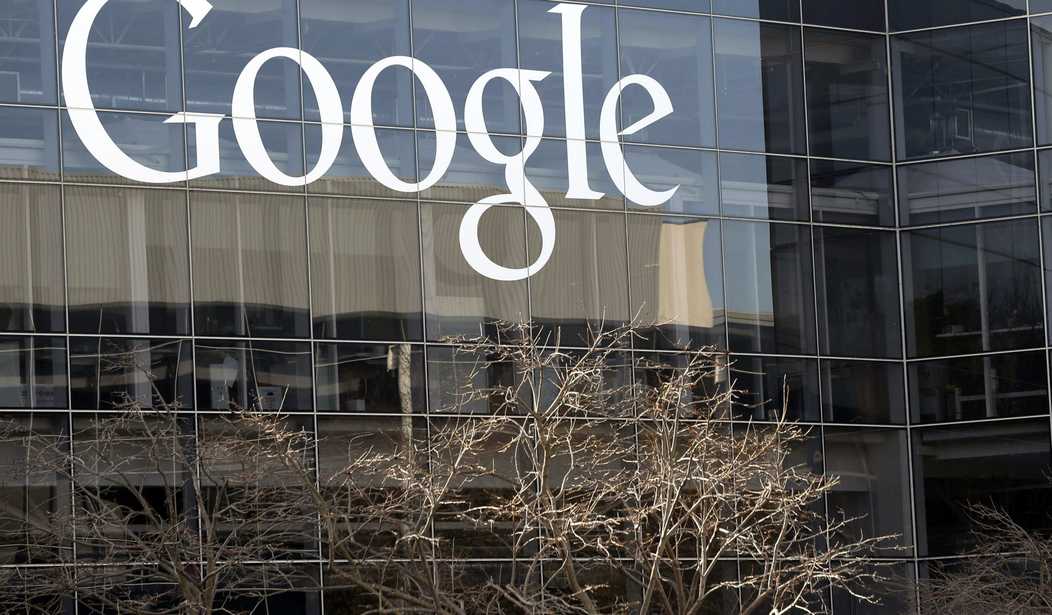The New York Times often makes questionable editorial decisions. For example: publishing an op-ed by one of the world’s nastiest — and convicted, and in prison — terrorists, and not mentioning his, you know, resume.
Now, they publish an article pondering yet another massive Big Government power grab. This time, someone thinks tech giants like Apple, Google, and Facebook should be broken up or regulated like the telephone industry was for decades:
We are going to have to decide fairly soon whether Google, Facebook and Amazon are the kinds of natural monopolies that need to be regulated, or whether we allow the status quo to continue, pretending that unfettered monoliths don’t inflict damage on our privacy and democracy.
It is impossible to deny that Facebook, Google and Amazon have stymied innovation on a broad scale. To begin with, the platforms of Google and Facebook are the point of access to all media for the majority of Americans. While profits at Google, Facebook and Amazon have soared, revenues in media businesses like newspaper publishing or the music business have, since 2001, fallen by 70 percent.
…
It’s not just newspapers that are hurting. In 2015 two Obama economic advisers, Peter Orszag and Jason Furman, published a paper arguing that the rise in “supernormal returns on capital” at firms with limited competition is leading to a rise in economic inequality. The M.I.T. economists Scott Stern and Jorge Guzman explained that in the presence of these giant firms, “it has become increasingly advantageous to be an incumbent, and less advantageous to be a new entrant.”
There are a few obvious regulations to start with. Monopoly is made by acquisition — Google buying AdMob and DoubleClick, Facebook buying Instagram and WhatsApp, Amazon buying, to name just a few, Audible, Twitch, Zappos and Alexa. At a minimum, these companies should not be allowed to acquire other major firms, like Spotify or Snapchat.
The second alternative is to regulate a company like Google as a public utility, requiring it to license out patents, for a nominal fee, for its search algorithms, advertising exchanges and other key innovations.
The third alternative is to remove the “safe harbor” clause in the 1998 Digital Millennium Copyright Act, which allows companies like Facebook and Google’s YouTube to free ride on the content produced by others. The reason there are 40,000 Islamic State videos on YouTube, many with ads that yield revenue for those who posted them, is that YouTube does not have to take responsibility for the content on its network. Facebook, Google and Twitter claim that policing their networks would be too onerous. But that’s preposterous: They already police their networks for pornography, and quite well.
Ah, the statist answer. Regulation.
But are these businesses monopolies? Google has major competition for its search engine and mobile operating system. Amazon has competition in a plethora of industries — and has long struggled to produce a profit.
They both have large shares of their respective markets, but that was often the result of simply being better than the competition. That’s the free market at work. Competitors have fallen by the wayside simply because they weren’t good enough.
The only one really lacking competition would be Facebook, but that’s because of a combination of factors. The bar to entry might be large, but Facebook, a free service, has no ability to prevent an upstart from joining the sector. Any attempt to either regulate them like a utility or to break them up is nothing more than punishing success. Frankly, I can’t think of a less American concept.
Which is par for the course from the New York Times.









Join the conversation as a VIP Member